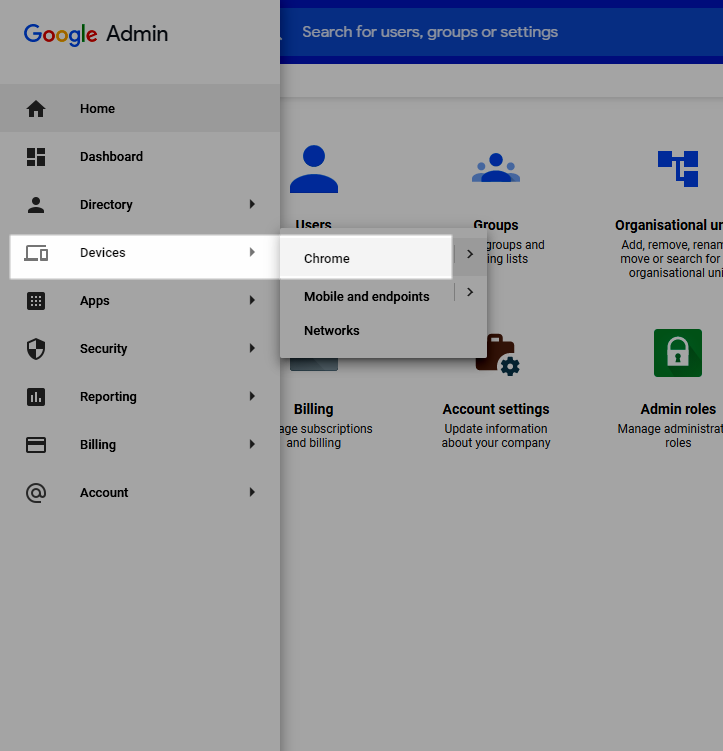Internet Explorer, Google Chrome and Opera. If the Sophos Firewall Device is being treated as a public URL; Mozilla Firefox; Feedback and contact; Applies to the following Sophos products and versions Sophos Firewall Internet Explorer, Google Chrome and Opera Configure NTLM in Internet Explorer, Google Chrome and Opera by following the steps below. Sophos Chrome Security is a security extension for Chrome devices. Restriction This feature isn’t available with the Mobile Standard license. When you enroll Sophos Chrome Security with Sophos Mobile, you can perform the following tasks.
Sophos Chrome Security is a security extension for Chrome devices.
When you enroll Sophos Chrome Security with Sophos Mobile, you can perform the following tasks:
- Find the device.
- Send a message to the device.
- Configure websites that users are allowed to access.
Enrollment types
Manual enrollment:
You can enroll a Chrome device with Sophos Mobile using the Add device assistant or the Sophos Central Self Service Portal. The user must install Sophos Chrome Security on their device and enter an enrollment token.
Automatic enrollment:
If you’re using Google Workspace (formerly G Suite), you can configure Sophos Chrome Security to automatically enroll with Sophos Mobile when a Google Workspace user signs in to a Chrome device.
Automatic enrollment details

When Sophos Chrome Security enrolls automatically, Sophos Mobile creates users and devices as follows:

Chrome Enterprise devices:
- Sophos Mobile creates a device when Sophos Chrome Security enrolls for the first time. It uses the device’s serial number as device name.
- Sophos Mobile creates one user per Google Workspace user and assigns them to the device.
- If another user signs in to the same device, Sophos Mobile unassigns the previous user and assigns the new user instead.
- If users share a device, Sophos Mobile updates the user assignment every time one of them signs in.
- If you change the settings for automatic enrollment, the changes apply to all users the next time they sign in.
Other devices:
- Sophos Mobile creates a device every time Sophos Chrome Security enrolls, that is, every time a user signs in to a device for the first time.
- Sophos Mobile creates one user per Google Workspace user and assigns them to the device.
- If users share a device, Sophos Mobile creates one device for each user.
- If you change the settings for automatic enrollment, the changes only apply if a new user signs in to a device.
Sophos Chromebook
Sophos Chrome Security is a security extension for Chrome devices.
Sophos Chromebook User Id
When you enroll Sophos Chrome Security with Sophos Mobile, you can perform the following tasks:
- Find the device.
- Send a message to the device.
- Configure websites that users are allowed to access.
Enrollment types
Sophos Chromebook

Sophos Chrome Extension
Manual enrollment:
You can enroll a Chrome device with Sophos Mobile using the Add device assistant or the Sophos Mobile Self Service Portal. The user must install Sophos Chrome Security on their device and enter an enrollment token.
Automatic enrollment:
If you’re using Google Workspace (formerly G Suite), you can configure Sophos Chrome Security to automatically enroll with Sophos Mobile when a Google Workspace user signs in to a Chrome device.
